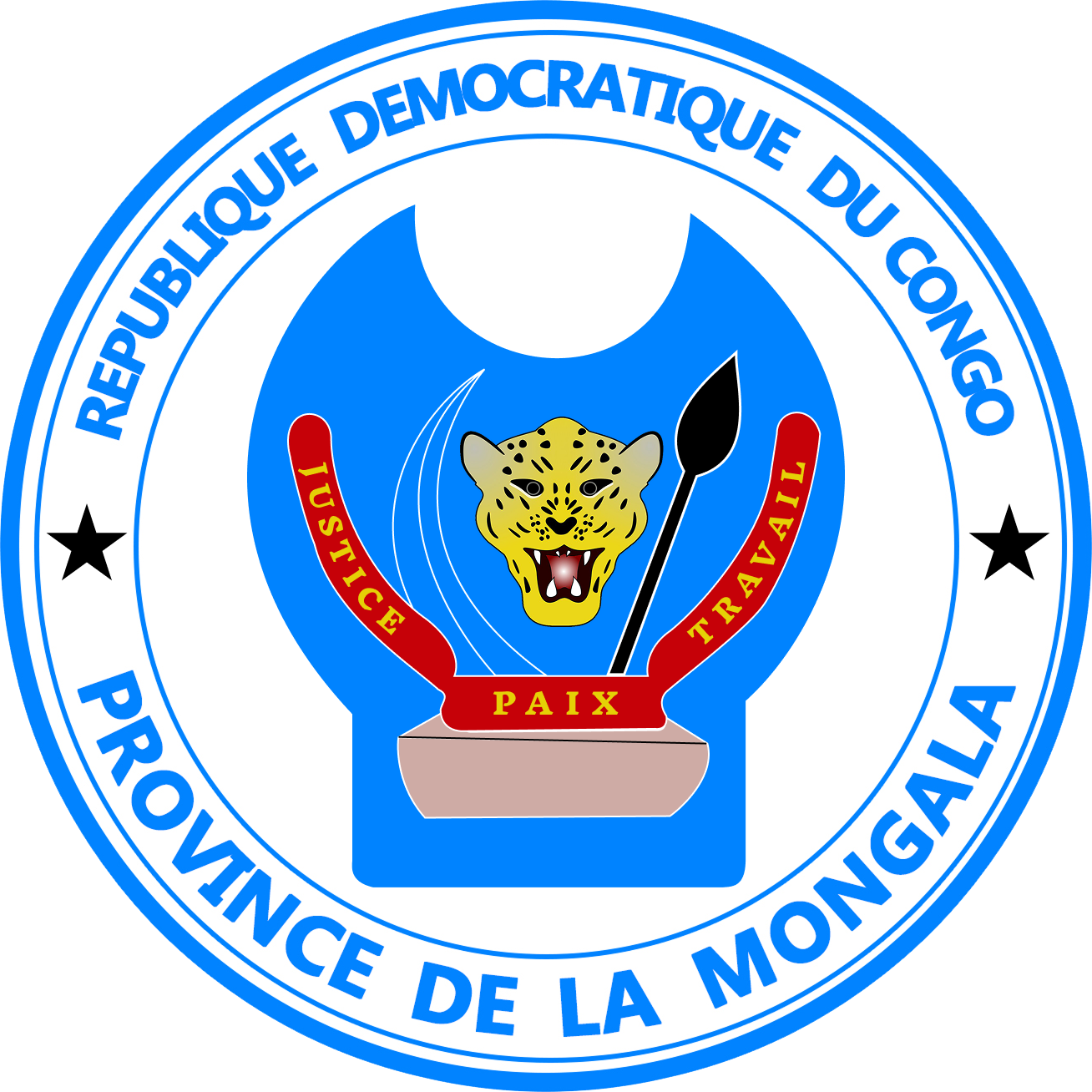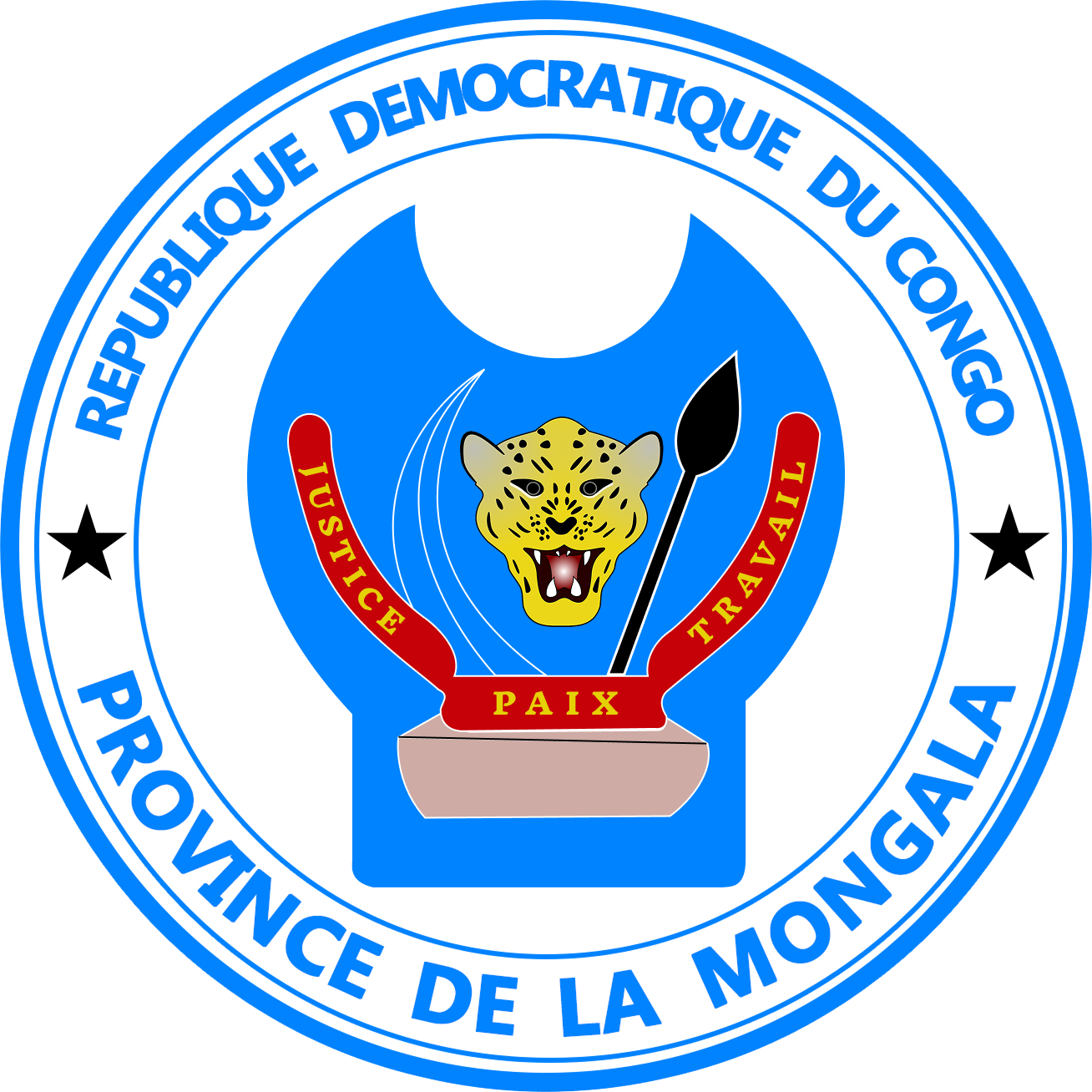🏫 Schools & Universities in Mongala Province
Mongala Province is committed to providing quality education through a growing network of primary schools, secondary schools, vocational institutes, and universities. The government, along with private institutions and international partners, is working to improve access to education, teacher training, and modern learning facilities.
1️⃣ Primary & Secondary Education 📚
📍 Where: Urban centers, rural villages, mission-run schools
🔹 Best for: Students, parents, teachers, and education policymakers
🏫 Government & Private Schools
Mongala has a mix of public (government-funded) and private schools. Many rural areas rely on mission-run schools supported by religious organizations.
✔ Government Schools: Free or subsidized education, often lacking modern resources
✔ Private Schools: Offer better facilities but can be expensive
✔ Missionary Schools: Provide education in underserved areas with a focus on ethics and discipline
📖 Key Government Education Initiatives
-
School infrastructure development: New classrooms, furniture, and electricity access
-
Free primary education program: Ensuring access for all children
-
Teacher training programs: Enhancing the skills of educators
-
Digital learning programs: Introducing technology-based education
🎓 Challenges & Solutions
✅ Challenge: Limited schools in remote areas → Solution: Mobile schools & community-led education
✅ Challenge: Shortage of teachers → Solution: Scholarship programs for teacher training
✅ Challenge: Lack of school supplies → Solution: Partnerships with NGOs & donors
2️⃣ Vocational & Technical Training 🏗
📍 Where: Training centers, polytechnic schools, apprenticeship programs
🔹 Best for: Young adults, job seekers, entrepreneurs
To address youth unemployment and equip students with practical skills, Mongala is investing in vocational training centers.
⚙ Popular Vocational Courses
✔ Agriculture & agribusiness – Modern farming techniques, food processing
✔ Construction & carpentry – Building and infrastructure development
✔ Mechanical & electrical trades – Repairing vehicles, electronics, and industrial equipment
✔ Information Technology (IT) – Computer programming, digital marketing, and data management
✔ Tourism & hospitality – Training guides, hotel staff, and eco-tourism experts
👩🎓 Impact of Vocational Training
✅ Reduces youth unemployment
✅ Prepares skilled workers for local industries
✅ Encourages entrepreneurship & self-employment
3️⃣ Higher Education & Universities 🎓
📍 Where: Major cities & academic hubs
🔹 Best for: College students, researchers, international partnerships
Mongala has a few higher education institutions, with growing plans to establish new universities and research centers.
🏛 Key Universities & Institutions
✔ Université Officielle de Mongala (UOM) – The province’s primary public university offering courses in law, medicine, agriculture, and engineering
✔ Private Universities & Colleges – A few private institutions focusing on business, IT, and health sciences
✔ Teacher Training Colleges – Dedicated to improving education standards by training new educators
📚 Government Support for Higher Education
-
Scholarships & financial aid for deserving students
-
Expansion of university facilities for more enrollment capacity
-
Collaborations with foreign universities for exchange programs
4️⃣ Digital Learning & E-Education 💻
📍 Where: Schools, universities, online platforms
🔹 Best for: Students, remote learners, educators
With limited access to traditional learning resources, Mongala is embracing digital learning solutions.
💡 E-Learning Initiatives
✔ Internet access in schools & libraries
✔ Partnerships with global e-learning platforms
✔ Online degree programs for remote students
🌍 Future Vision
✅ Smart classrooms with digital tools
✅ Online university courses accessible worldwide
✅ Mobile learning apps for students in rural areas
✨ Conclusion
Mongala Province is making significant strides in improving education at all levels. With government investments, private sector support, and international partnerships, the region is expanding access to quality education, vocational training, and higher learning.


